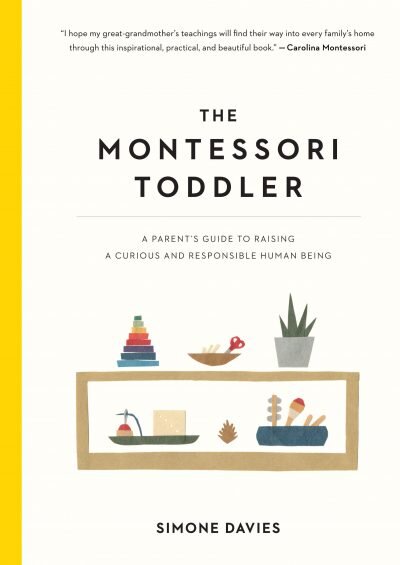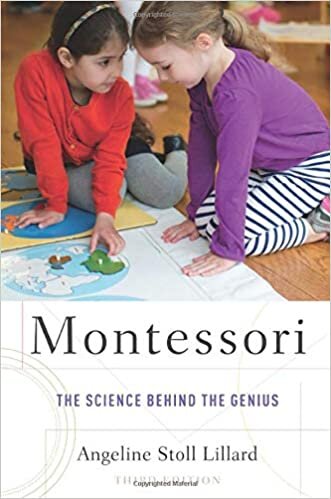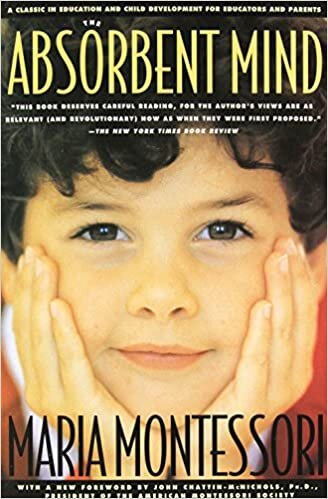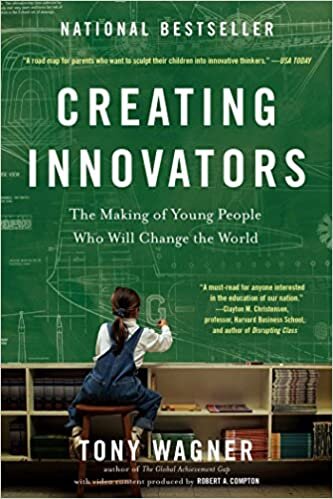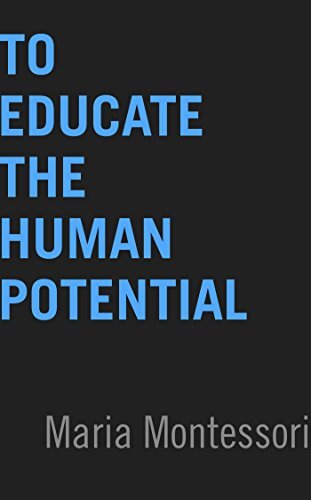The Science of Montessori
Montessori Kids: Academic Advantage?
Sept. 27, 2006 — New research suggests that children who attend Montessori schools may have an edge over other children in terms of both academic and social development.
Children at Montessori schools are better educated
Sept. 28, 2006 — A controversial schooling method that focuses on personal development rather than exams produces more mature, creative and socially adept children, scientists have revealed.
Study: Montessori Education Erases Income Achievement Gap
Nov. 1, 2017 — New research from the University of Virginia has found that a Montessori preschool education helps typically under-performing low-income students keep pace with their higher-income peers.
Montessori education and its scientific basis
2006 — Italians have always revered the arts and promoted the infusion of beauty and fine design into the quality of everydaylife. Perhaps it is this distinctive cultural flair, revealed in fields such as architecture, painting, interior design, graphics,fashion, and cuisine, that has influenced Italy also to become a giant in the field of early childhood education.
Does it Work? What Research Says About Montessori and Student Outcomes
Montessori parents know first-hand how this approach to education supports and nurtures children’s development in all areas: physical, intellectual, language, and social-emotional. Scientific research confirms that Montessori children have an advantage not only academically, but also in social and emotional development.
Outcomes for students in a Montessori program
May, 2003 — Montessori programs have grown considerably over the past decades. There have been two major facets to this growth: expansion from private to public settings and extension from preschool into elementary, junior high school and beyond.
Evaluating Montessori education
Sept. 29, 2006 — Montessori education is a 100-year-old method of schooling that was first used with impoverished pre-school children in Rome. The program continues to grow in popularity. Estimates indicate that more than 5000 schools in the United States—including 300 public schools and some high schools—use the Montessori program.


